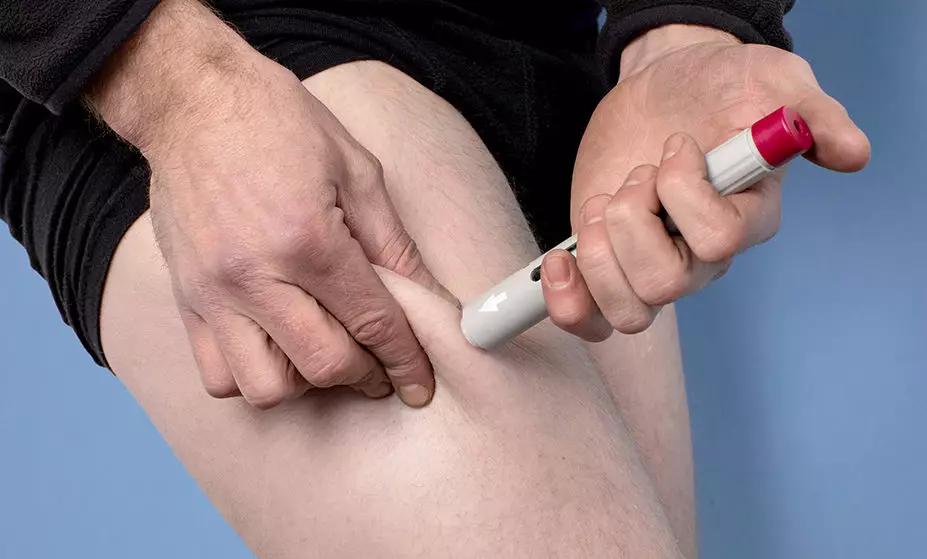Inflammatory bowel disease (IBD) is a digestive disorder with symptoms that include inflammation of the lining of the intestines. The condition has many causes and can have a variety of different symptoms. It is caused by a dysfunction in the immune system, which can lead to an inflammatory response in the gut. The exact cause is not known, but scientists believe it may be caused by a combination of genetics and environmental factors. Diet and stress can worsen the symptoms. It can occur at any age, but it is most common in young adults and teenagers.
Treatment of inflammatory bowel disease should be started early to help prevent the disease from progressing. While there is no definite cure for IBD, doctors can prescribe certain medications to manage the symptoms. The drugs prescribed by your doctor should be taken regularly. If you stop taking them for too long, you risk a flare-up. You should also avoid stress or infections that could increase the risk of flare-ups.
The best treatment for IBD is to consult a physician to determine the underlying cause of the condition. It is important to understand that there are many different causes of intestinal dysfunction. Some of them are more serious than others. To accurately diagnose IBD, your physician will first take steps to rule out other diseases. This means evaluating your medical history and reviewing your symptoms. The doctor will also look for rectal bleeding and other characteristics that are characteristic of IBD.
IBD is a chronic inflammatory disorder of the intestines. It is caused by an abnormal immune response to the microbes that live in the intestine. These organisms cause inflammation in the intestines, resulting in diarrhea and abdominal pain. The cause of IBD is not yet known, but genetic predisposition and environmental factors may contribute to the development of the condition.
For more information, you can also join an IBD support group. The goal of these groups is to help you find the right treatment for your condition. There are many different types of treatments for IBD, but the main goal of any treatment is to reduce or prevent the abnormal inflammation of the intestines. This can help you manage your symptoms and live a more active life. You may also want to consider visiting a doctor if you’re concerned that you have IBD or Crohn’s disease.
For severe cases of the disease, patients may also need surgery to remove the affected area. This is done to ensure that the disease doesn’t spread further. If a patient has extensive inflammation of the colon, he or she may need surgery to remove it. This may lead to an infection in the affected area.
There are various diagnostic tools that can help doctors diagnose IBD. Some of them involve blood tests or stool samples. Others use an MRI or CT scan to diagnose the condition. Inflammatory bowel disease is often difficult to treat, but the right treatment can help.





